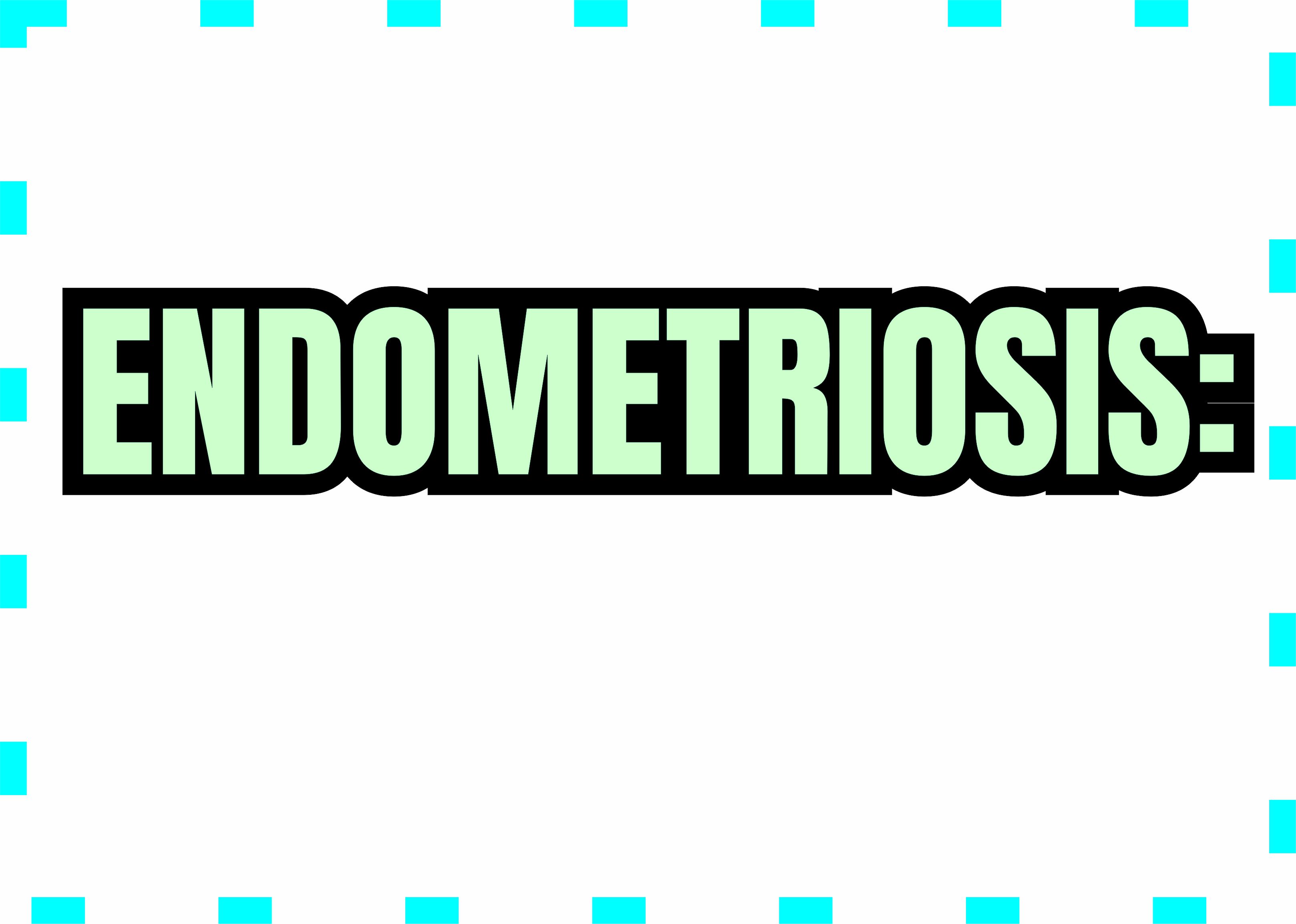Endometriosis: Understanding the Causes, Symptoms, and Finding Support.

Endometriosis: Understanding the Causes, Symptoms, and Finding Support.
At Oosa Herbal Care Ventures, we are dedicated to fostering holistic well-being, especially for women navigating complex health challenges. Endometriosis is a chronic and often painful condition that affects millions of women worldwide, yet it remains widely misunderstood. By shedding light on its causes and symptoms, we aim to empower you with knowledge and support.
What is Endometriosis?
Endometriosis is a condition in which tissue similar to the lining of the uterus (the endometrium) grows outside the uterus. This tissue can be found on the ovaries, fallopian tubes, outer surface of the uterus, bowel, bladder, or, less commonly, in other parts of the body.
Like the normal uterine lining, this "endometrial-like" tissue outside the uterus responds to hormonal changes during the menstrual cycle. It thickens, breaks down, and bleeds. However, unlike menstrual blood from the uterus, this blood and tissue have no way to exit the body. This can lead to inflammation, pain, scar tissue (adhesions), and cysts (endometriomas), which can cause significant discomfort and fertility issues.
Causes of Endometriosis: Unraveling the Mystery
The exact cause of endometriosis is still unknown, and research is ongoing. However, several theories and contributing factors are being explored:
Retrograde Menstruation: This is the most widely accepted theory. It suggests that during menstruation, some menstrual blood containing endometrial cells flows backward through the fallopian tubes into the pelvic cavity instead of out of the body. These cells then implant and grow on other organs.
Cellular Metaplasia: This theory proposes that cells outside the uterus spontaneously transform into endometrial-like cells. This could explain cases where endometriosis is found in unexpected locations.
Embryonic Cell Transformation: Similar to cellular metaplasia, this theory suggests that embryonic cells (cells in the earliest stages of development) might transform into endometrial cell implants during puberty.
Surgical Scar Implantation: After surgeries like a C-section or hysterectomy, endometrial cells might attach to a surgical incision.
Immune System Dysfunction: A weakened or compromised immune system may fail to recognize and destroy the misplaced endometrial tissue, allowing it to grow.
Genetic Factors: Endometriosis often runs in families, suggesting a genetic predisposition. If your mother or sister has endometriosis, your risk may be higher.
Hormonal Factors: Estrogen is known to fuel the growth of endometrial tissue. Fluctuations and high levels of estrogen are believed to play a significant role in the development and progression of endometriosis.
Symptoms of Endometriosis: More Than Just "Bad Periods"
The symptoms of endometriosis can vary widely from person to person, and the severity of pain doesn't always correlate with the extent of the disease. Some women may have extensive endometriosis with mild pain, while others have minimal disease with severe, debilitating pain.
Common symptoms include:
Painful Periods (Dysmenorrhea): This is often the most common symptom. The pain can be much worse than typical menstrual cramps and may worsen over time. It can also extend to the lower back and abdomen.
Chronic Pelvic Pain: Persistent pain in the pelvis, even when not menstruating.
Pain During or After Sexual Intercourse (Dyspareunia): Deep pain during or after sex.
Painful Bowel Movements or Urination: Especially during menstrual periods, if endometrial tissue is growing on the bowel or bladder.
Heavy or Irregular Bleeding: Heavy menstrual bleeding (menorrhagia) or bleeding between periods (intermenstrual bleeding).
Infertility: Endometriosis can affect fertility in various ways, including causing blockages in fallopian tubes, inflammation, and damage to egg quality.
Fatigue: Chronic pain and inflammation can lead to persistent tiredness.
Digestive Issues: Bloating, nausea, constipation, or diarrhea, especially during menstruation.
It's important to note that many of these symptoms can overlap with other conditions. Therefore, getting an accurate diagnosis from a healthcare professional is crucial.
Your Path to Wellness with Oosa Herbal Care Ventures.
If you are experiencing symptoms consistent with endometriosis or have been diagnosed with this condition, managing your symptoms and improving your quality of life is key. At Oosa Herbal Care Ventures, we understand the unique challenges women face with conditions like endometriosis.
We offer NAFDAC-approved herbal products, made with natural herbs, specifically formulated to support hormonal balance, reduce inflammation, and alleviate discomfort associated with menstrual and gynecological issues. We encourage you to browse through our products on the website and check the ones that are specified for women's health and inflammatory support. Our natural solutions are designed to work in harmony with your body, helping you find comfort and enhance your well-being.
